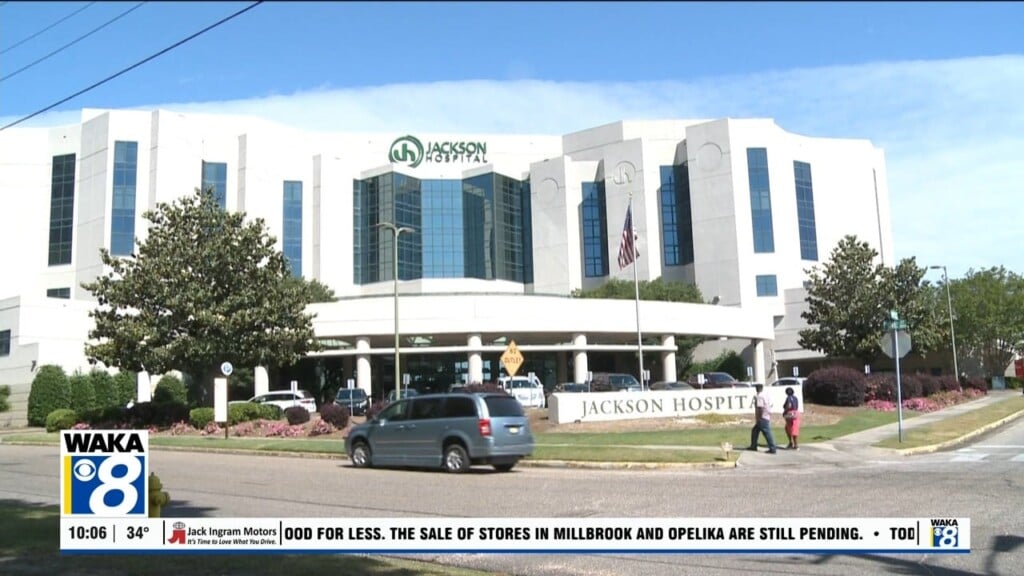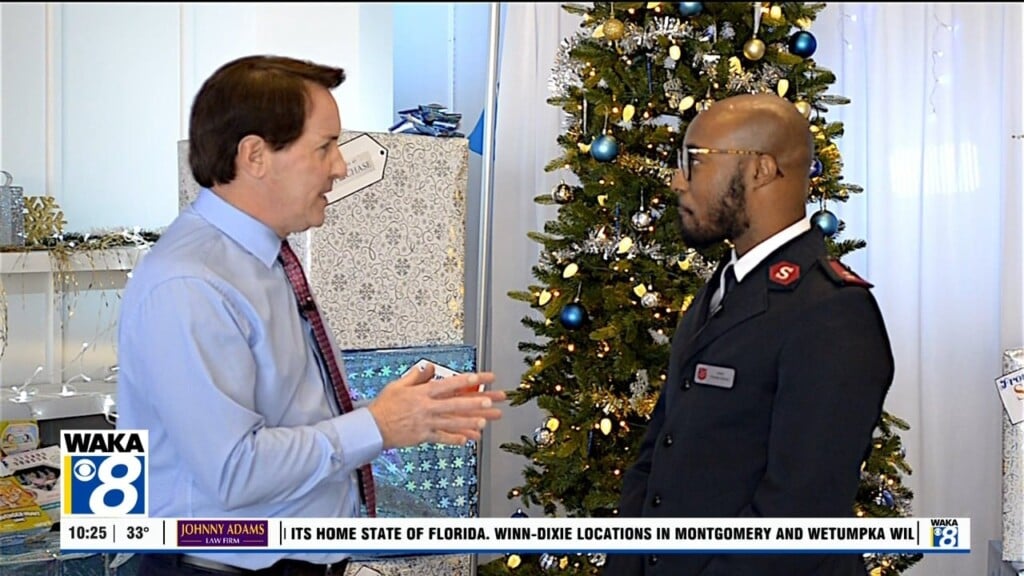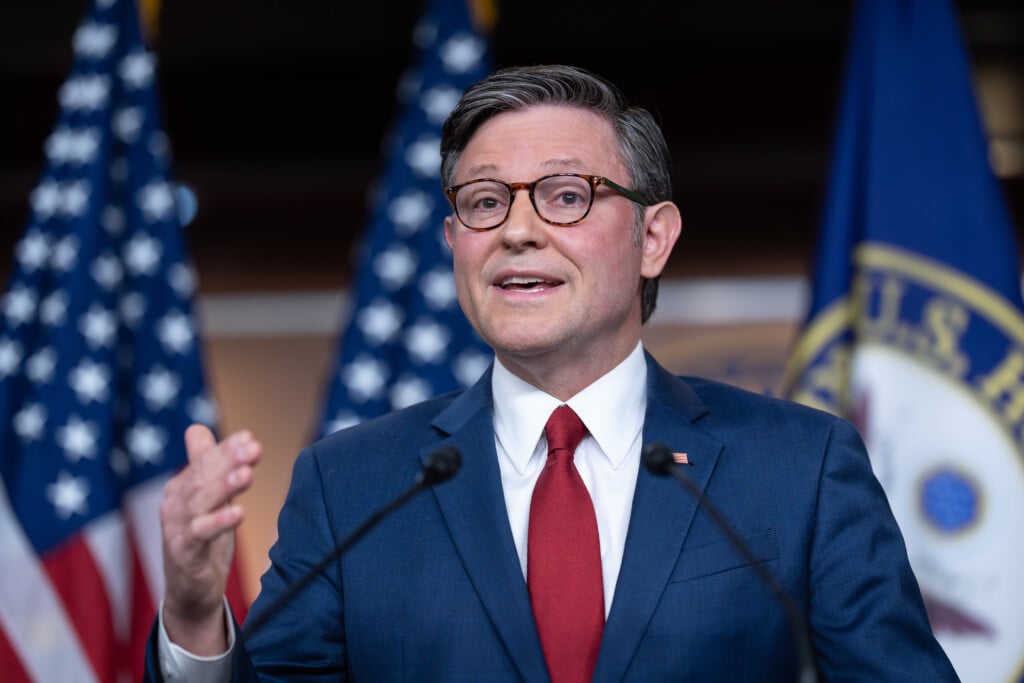Civil Rights Interpretive Center to Stay at ASU
The Civil Rights Interpretive Center will stay on Alabama State University’s campus…for now.
After back and forth debate, city councilmen voted not to reconsider the location.
The Civil Rights Interpretive Center will be a museum where people are able to come see the role Montgomery played in the Civil Rights struggle. But it’s been a struggle in itself determining a location.
The National Parks Service selected ASU to be the site of the Civil Rights Interpretive Center in 2011, over the City of St. Jude and Mount Zion AME church.
At city council, Councilman Tracy Larkin proposed a resolution to reconsider the current location of the proposed Civil Rights Interpretive Center, moving it from Alabama State University to somewhere along the Selma to Montgomery March route. Larkin was just one vote shy from getting his resolution passed.
“There’s some very powerful politicians who hold sway over some members of the council for various reasons, personal relationships, political contributions,” he says.
Parties for and against the ASU location had time to make their case before the vote and officials from the university say they’re pleased with the outcome.
“Of course, we’re already happy because we’ve been designated as the site and we’re looking forward to moving forward,” says Janice Franklin, Dean of the University Libary and Learning Resources Center.
Joseph Caver started on the interpretive center in the 90s. He says if the resolution would have passed, it would’ve just created trouble.
“It would just be a delay, eventually you may not ever get an interpretive center.”
But those who oppose the ASU location weren’t pleased with the vote.
“If the history is going to be told, tell it correctly because otherwise we’re going to do just like Germany did at the end of the Holocaust and rewrite history until historians came and wrote the truth,” says Catherine Coleman Flowers.
Larkin says he doesn’t think ASU has the best intentions with the center.
“They must think there’s some sort of financial motivation in it,” he says. “I don’t know what they expect to get out of it. I listened to all of the presentations which they brought forward today. I didn’t hear one meaningful argument.”
Larkin says this isn’t the end of the debate, he plans to bring this issue back up at a future city council meeting.






